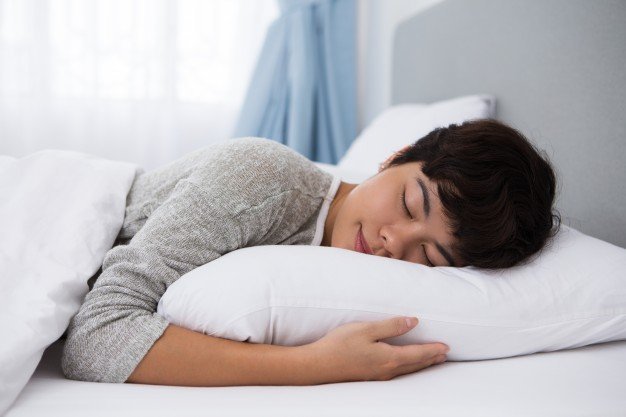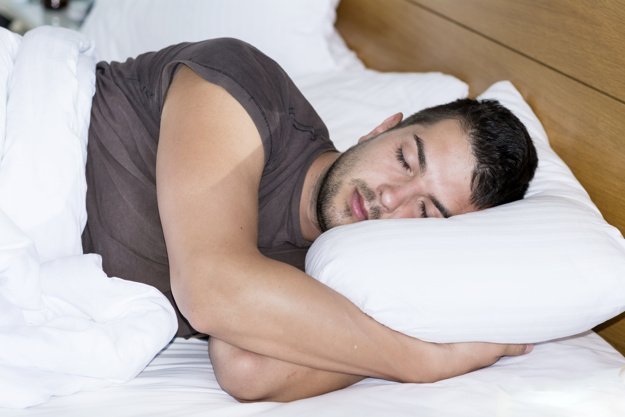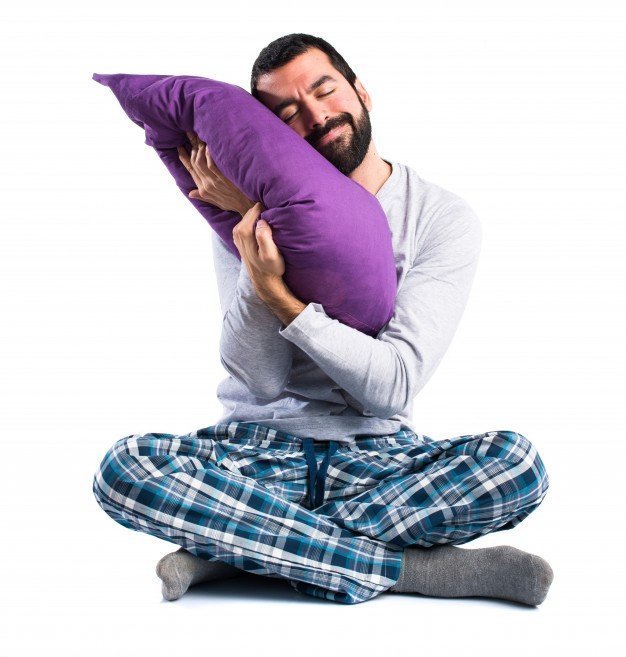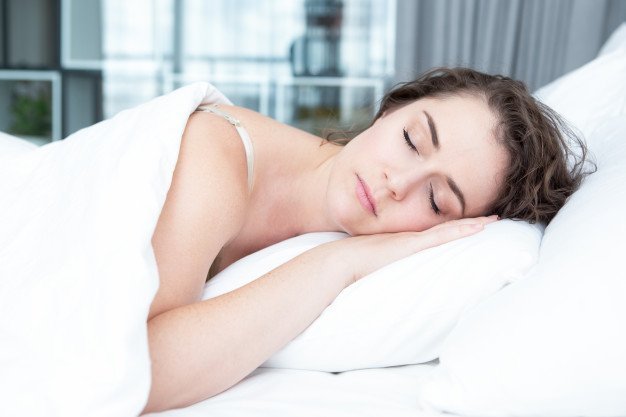
This easy trick helps you to fall asleep in unbelievable 120 seconds
For many realizing there is a way to fall asleep in 120 seconds is a dream come true. It would mean saying goodbye to tossing and turning, lying in bed late at night and being groggy the next day.
If members of the American Army can fall asleep in just two minutes, why can’t you?
This secret military technique which is detailed in the book “Relax and Win: Championship Performance” was first published in 1981. However it has recently sparked interest online after Joe.co.uk revealed the trick to falling asleep.

Source: Freepik
How do you get a good night’s sleep? This is what you need to do:
1. Relax the muscles in your face, including the tongue, jaw and around the eyes
2. Drop your shoulders as far down as you can, then one side at a time, relax your upper arm, then relax your lower arm
3. Breathe out to relax your chest
4. Relax both legs starting with the upper leg and then moving on to the lower leg.
5. Spend 10 seconds in that relaxed position.

Source: Freepik
Imagine:
lying in a canoe on a calm lake with nothing but clear blue skies overhead
or
lying in a black velvet hammock in a very dark room

Source: Freepik
Say:
“Don’t think, don’t think, don’t think” to yourself for about 10 seconds.
In July this technique was discussed on Medium by Sharon Ackman.
“The U.S. Navy Pre-Flight School developed a scientific method to fall asleep day or night, in any conditions, in under two minutes. After six weeks of practice, 96 percent of pilots could fall asleep in two minutes or less. Even after drinking coffee, with machine gunfire being played in the background.”
Sharon Ackman, Medium, July 13, 2018

Source: Freepik
A recent Australian study which was published by Oxford’s Sleep Research Society showed the economic cost of lack of sleep based on the Australian population. It estimated the cost as being $45 billion for the year 2016-2017. If this is the finding for Australia, surely you must be able to imagine the cost for the rest of the world or just the United States as being way more.

Source: Freepik
Now is this something you will be willing to try? Lack of sleep results in reduced productivity. Given that the link between sleep deprivation and the increased chances of diabetes as well as cardiovascular disease is evident this should be one reason why you should. Given too that the link between sleep and optimum kidney performance is becoming clearer there is now more reason to.